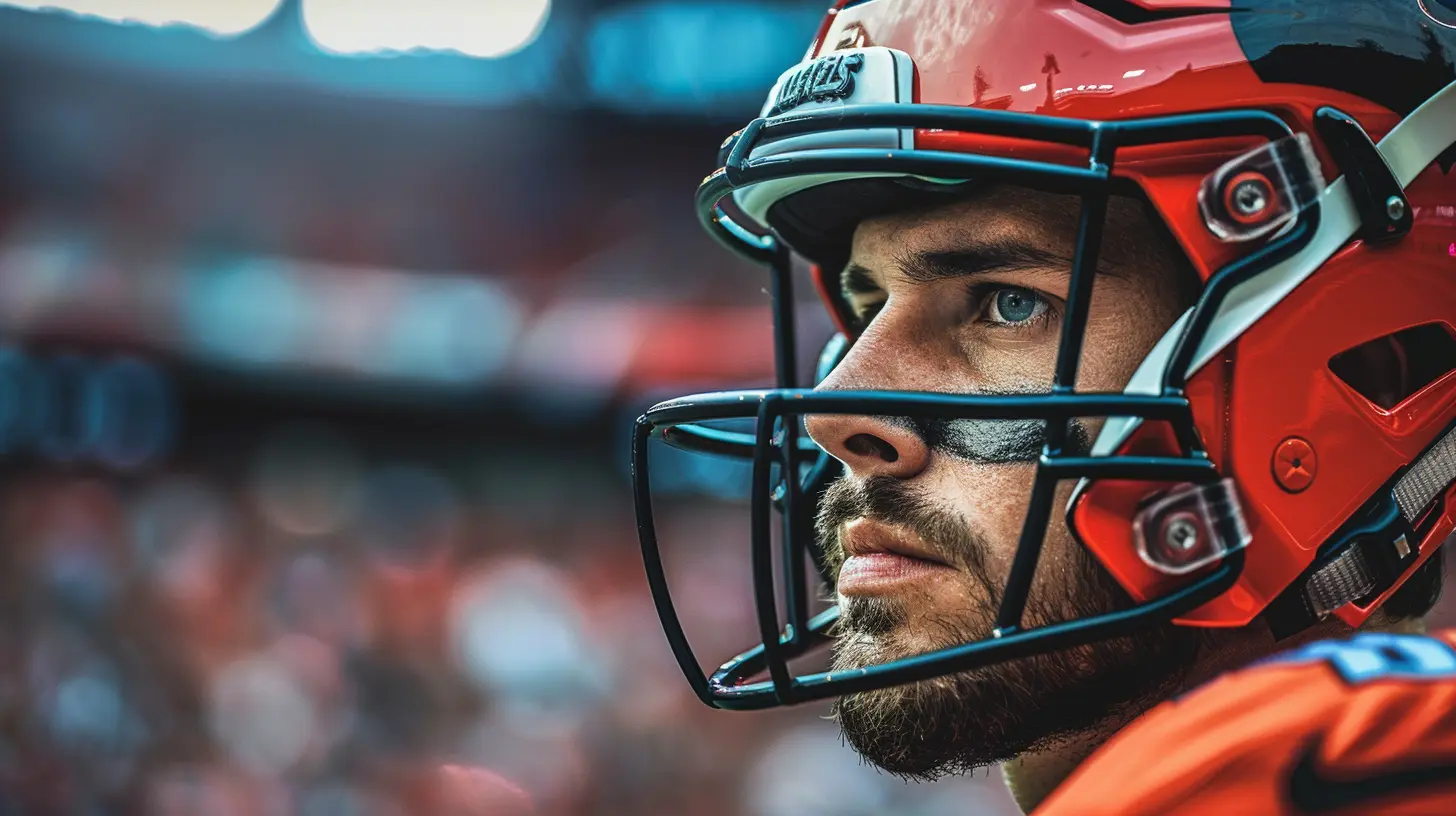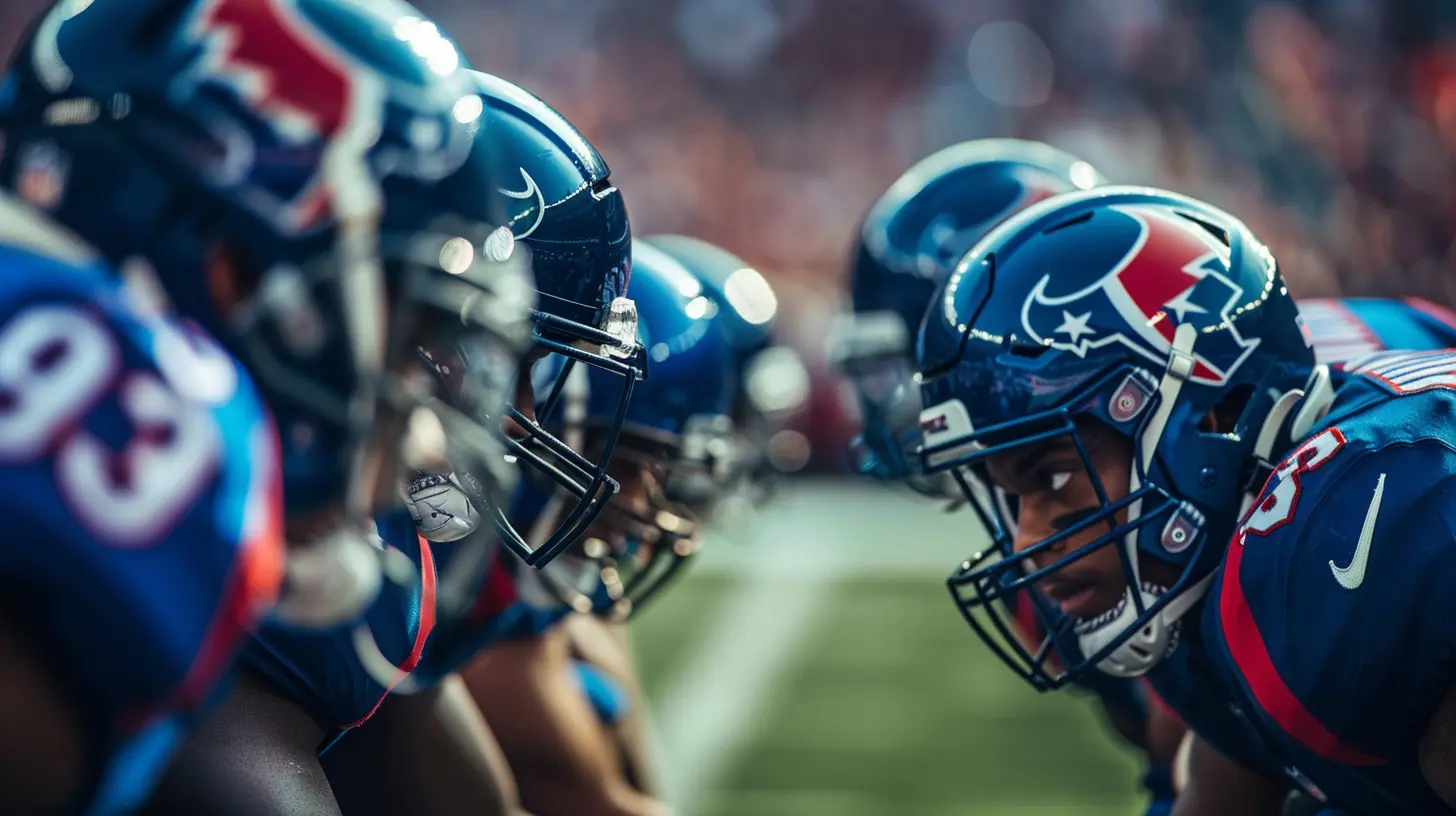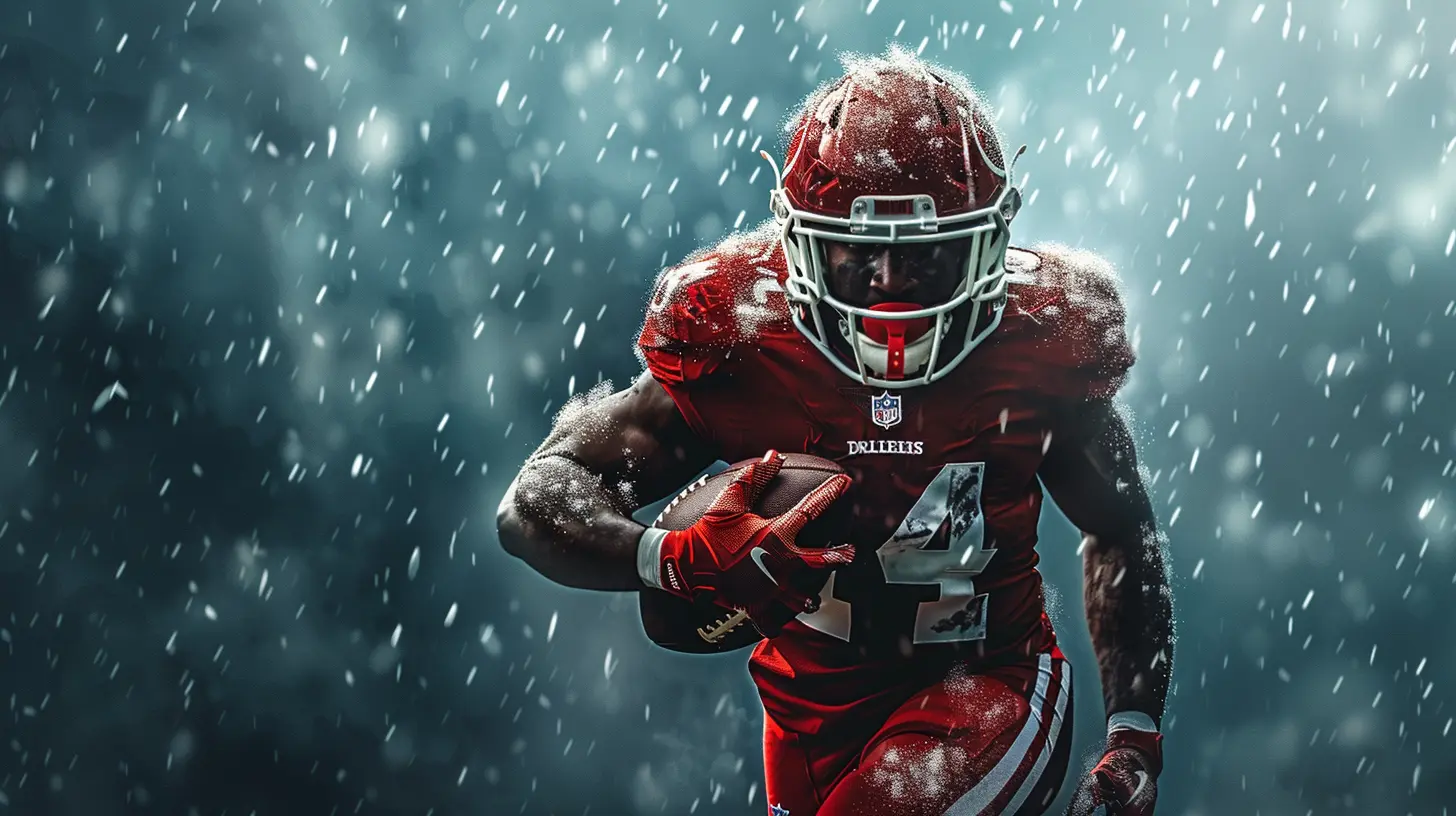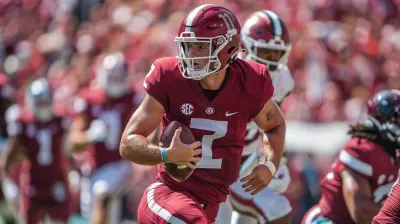22 March 2025
When talking about the success or failure of a sports franchise, one of the biggest factors that often comes into play is draft picks. It's remarkable how a single decision made on draft day can ripple through the years, affecting the trajectory of a team for better or worse. Whether it's the NFL, NBA, NHL, or MLB, draft picks hold the potential to be game-changers. But how exactly can a draft pick change the fate of a franchise? Let's dive into the details.

The Importance of Draft Picks
Draft picks are the building blocks of a team. They provide franchises with the opportunity to bring in young, talented players that can develop into future stars. In most professional sports leagues, where salary caps and free agency make it difficult for teams to buy their way to success, the draft is often the most reliable method for building a competitive squad.Think of it as planting seeds in a garden. Some seeds may blossom into beautiful flowers, while others may never sprout. But the more careful and strategic you are in choosing your seeds, the more likely your garden (team) will thrive. Draft picks give franchises the chance to cultivate a foundation for the future.
The High-Risk, High-Reward Nature of Drafting
Drafting is both an art and a science. No matter how much research, scouting, and analysis a team puts into its draft choices, there is always an element of risk. Some players who look like can't-miss prospects turn out to be busts, while others who were overlooked in the early rounds go on to have Hall of Fame careers.Take the NFL, for instance. You’ve got first-round picks that were expected to be superstars but never lived up to the hype, like Ryan Leaf or JaMarcus Russell. On the flip side, you’ve got late-round picks like Tom Brady, who was famously drafted 199th overall, only to go on and win seven Super Bowls.
The point is, teams are essentially rolling the dice on draft day. Some get lucky, while others come up short. But when a draft pick hits, it can completely change the fate of a franchise.

How Draft Picks Can Transform a Team
1. Immediate Impact Players
Some draft picks have the ability to make an immediate impact on a franchise. These are the players that are expected to contribute from day one, often turning around a struggling team almost overnight.Take LeBron James, for example. When the Cleveland Cavaliers drafted LeBron with the first overall pick in 2003, he instantly became the face of the franchise. While it took a few years for the Cavs to build a contender around him, LeBron’s presence alone elevated the team's performance and marketability. He made Cleveland relevant again. In fact, drafting LeBron not only changed the Cavaliers' fortunes but also boosted the entire NBA.
Another example is Patrick Mahomes, who was drafted 10th overall by the Kansas City Chiefs in 2017. Mahomes didn’t start right away, but once he did, he became a revelation, leading the Chiefs to multiple playoff appearances and a Super Bowl victory. His arrival completely shifted the fortunes of the franchise, turning them into perennial contenders.
In these cases, a single draft pick brought immediate credibility, excitement, and success to their respective teams.
2. Franchise Cornerstones
Some players need time to develop, but they eventually become the cornerstone of a franchise. They may not have an immediate impact, but over time, they grow into leaders and superstars that a team can build around.Look no further than the San Antonio Spurs selecting Tim Duncan with the first overall pick in the 1997 NBA Draft. Duncan didn’t just change the fortunes of the Spurs for a season or two; he became the foundation for nearly two decades of success. Under Duncan, the Spurs won five NBA championships, and his consistent excellence helped establish San Antonio as one of the dominant franchises in the league.
Similarly, in the NHL, Sidney Crosby was drafted first overall by the Pittsburgh Penguins in 2005. Crosby wasn’t just a talented player; he was the cornerstone of a team that would go on to win three Stanley Cups. His leadership and skill set made him the face of the franchise, and his contributions are still felt today.
3. Creating a Winning Culture
Draft picks don’t just bring talent to a team; they can also help change the culture of a franchise. Certain players have an infectious work ethic, leadership qualities, and a mindset that elevates everyone around them.Let’s talk about Peyton Manning. Drafted first overall by the Indianapolis Colts in 1998, Manning didn’t just bring elite quarterback play to Indianapolis; he brought a winning attitude. Before Manning’s arrival, the Colts were a middle-of-the-road team, but soon after he joined, the franchise became a powerhouse in the NFL. Manning’s work ethic, preparation, and leadership set a new standard for the organization, and his influence was felt even after he left for the Denver Broncos.
In the NBA, the Golden State Warriors drafting Stephen Curry in 2009 is another classic example. Curry’s development into one of the greatest shooters of all time didn’t just give the Warriors an elite player; it helped transform the entire culture of the team. His unselfish play and leadership helped create the "Strength in Numbers" ethos that turned the Warriors into a dynasty.
4. Long-Term Success vs. Short-Term Gains
One of the most important aspects of draft picks is deciding between short-term gains and long-term success. Some teams draft players who can contribute right away, but they may not have the longevity that others do. On the other hand, some teams draft players with the hope that they will develop into stars down the road.A good example of this is the Philadelphia 76ers and their "Trust the Process" philosophy. For several years, the 76ers intentionally tanked (lost games on purpose) to secure high draft picks, knowing that it would take time to turn those picks into a winning team. Although the strategy was controversial, it eventually paid off with the drafting of players like Joel Embiid and Ben Simmons, who helped make the team competitive again.
On the flip side, some teams look for immediate contributors. The Dallas Cowboys drafted Ezekiel Elliott in the first round of the 2016 NFL Draft, and he made an instant impact, helping the Cowboys reach the playoffs in his rookie year. However, while Elliott’s immediate contributions were valuable, there are questions about his long-term durability, showing that short-term success doesn’t always translate to long-term dominance.
5. Missed Opportunities and Setbacks
Unfortunately, the flip side of the coin is that draft picks can also set a franchise back if the selection doesn’t pan out. A highly-touted draft pick who turns into a bust can leave a team scrambling to recover for years.One of the most infamous examples is the Portland Trail Blazers drafting Sam Bowie over Michael Jordan in the 1984 NBA Draft. Bowie, a talented center, was plagued by injuries and never lived up to the expectations, while Jordan went on to become, well, Michael Jordan—the greatest basketball player of all time. That single decision haunted the Blazers for decades.
Similarly, the Cleveland Browns have had their share of draft blunders. In 2014, they selected Johnny Manziel, a college sensation, with the 22nd overall pick. Manziel’s off-field issues and inconsistent play led to a quick exit from the NFL, and his failure left the Browns struggling to find a franchise quarterback for years.

The Role of Management in Draft Success
It’s not just about the players being drafted; it’s also about the management making those decisions. Teams with strong front offices and scouting departments tend to have more draft success. They know how to evaluate talent, understand team needs, and make smart decisions on draft day.The New England Patriots, under Bill Belichick’s leadership, have become known for finding hidden gems in the draft. While everyone knows about Tom Brady, the Patriots have consistently found quality players in the later rounds that have contributed to their sustained success.
On the other hand, teams with poor management often struggle in the draft and pay the price for years. The Detroit Lions, for example, have historically had trouble capitalizing on their draft picks, which has contributed to their long-standing struggles.

Conclusion: The Power of a Draft Pick
At the end of the day, draft picks are like lottery tickets. They hold the potential to completely transform a franchise, turning a struggling team into a dynasty or keeping a mediocre team stuck in the mud. The impact of a single draft pick can be felt for years, whether it’s a player who becomes the face of the franchise or a bust that sets the team back.While no one can predict the future, the draft is one of the most exciting and impactful events in sports. It’s where franchises are built, legends are born, and the fate of a team can change with one pick.








Ulrich McVicar
Great insights on the impact of draft picks! They truly can reshape franchises—strategic choices can lead to long-term success. Keep up the good work!
April 3, 2025 at 4:50 AM